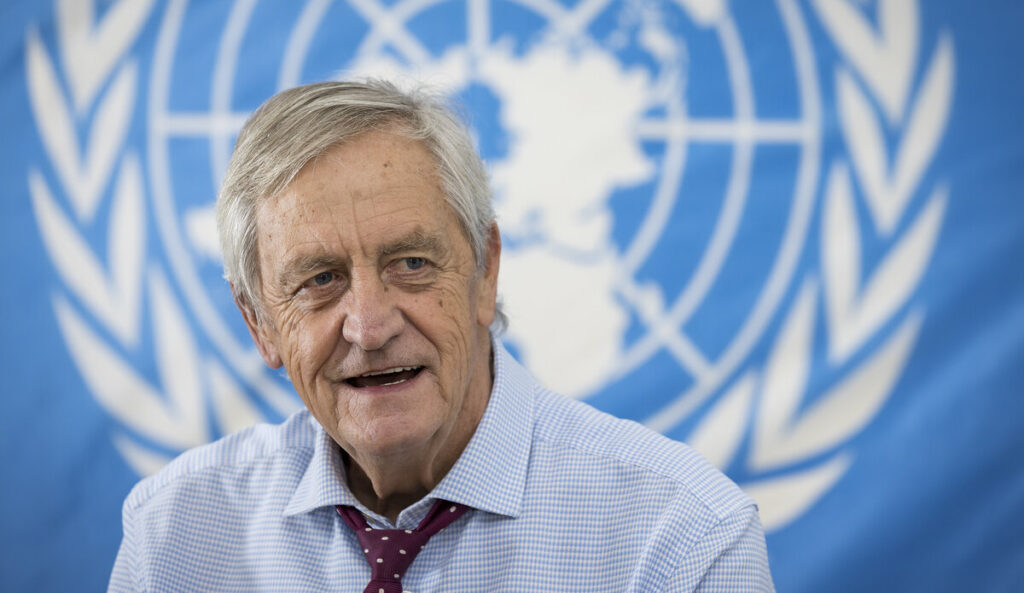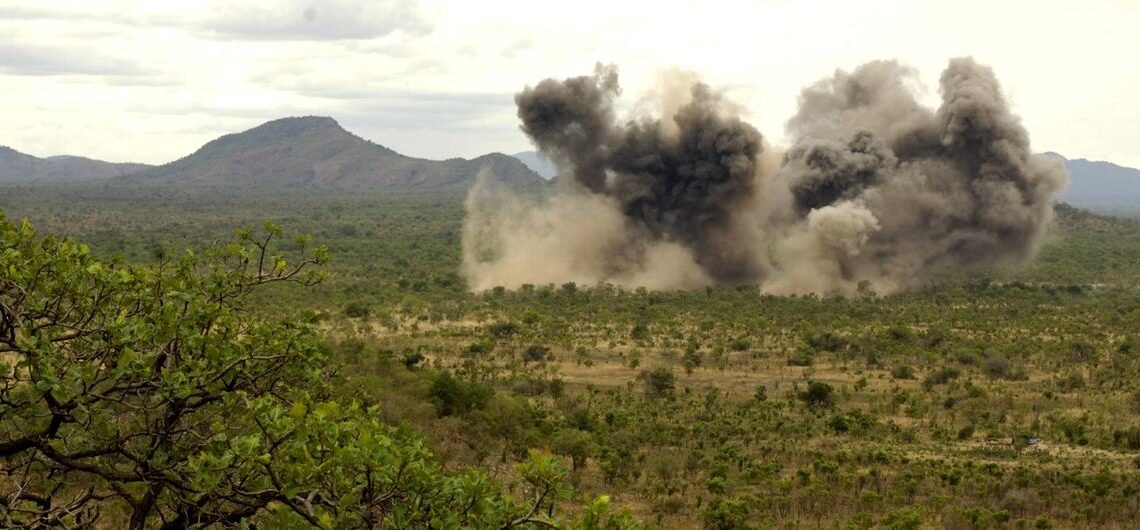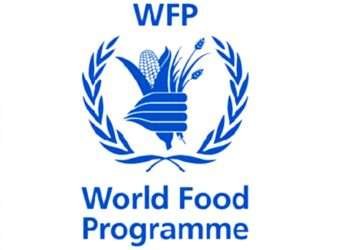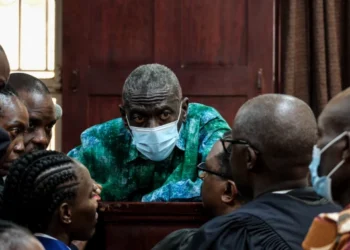The United Nations Mission in South Sudan (UNMISS) has issued an urgent plea for calm as escalating violence threatens to unravel years of fragile peace.
Reports of renewed clashes and the alleged detention of First Vice President Riek Machar have raised concerns about a potential return to full-scale conflict.
“The country’s leaders stand on the brink of relapsing into widespread conflict or taking the country forward towards peace, recovery, and democracy in the spirit of the consensus that was reached in 2018 when they signed and committed to implementing a Revitalized Peace Agreement.”
UNMISS Head Nicholas Haysom
UNMISS Head Nicholas Haysom, who also serves as the Special Representative of the Secretary-General for South Sudan, warned that any unilateral political moves could reverse seven years of delicate progress, dragging the country back into war. “This will not only devastate South Sudan but also affect the entire region,” he added, urging all parties to halt hostilities and commit to dialogue that prioritizes the well-being of South Sudanese citizens.
Clashes have intensified over the past 24 hours, with reports of fighting between the South Sudan People’s Defence Forces (SSPDF) and the Sudan People’s Liberation Army in Opposition near Rejaf, just south of the capital Juba, as well as in Wunaliet, to the west.
The situation in Upper Nile state remains volatile, particularly in Nasir, where the White Army — a youth militia — recently overran South Sudanese army barracks. In response, government forces launched retaliatory airstrikes, allegedly using barrel bombs containing highly flammable accelerants.
Further escalating tensions, a UNMISS helicopter conducting a medical evacuation in the region came under fire, resulting in the deaths of a crew member and several South Sudanese soldiers, including a high-ranking general.

Children at Grave Risk Amid Conflict
Virginia Gamba, the UN Special Representative for Children and Armed Conflict, expressed deep concern over the escalating violence and its impact on children.
“I am deeply concerned over the escalating violence, particularly in the Upper Nile province, and I urge all parties to silence their weapons and comply with their obligations under international humanitarian and human rights law.”
Virginia Gamba
She highlighted the increasing risk of child recruitment, sexual violence, and civilian casualties, warning that the stability of South Sudan and the future of its younger generations hang in the balance.
Earlier this week, Haysom cautioned that South Sudan is “teetering on the brink of civil war,” citing widespread attacks on civilians, forced displacement, and rising ethnic tensions.
A resurgence of large-scale conflict would have catastrophic consequences not only for South Sudan but for the broader region, which remains ill-equipped to handle another war.
The country has been in turmoil since gaining independence from Sudan in 2011, with civil war erupting in 2013 between forces loyal to President Salva Kiir and those aligned with Machar. The conflict was marked by ethnic violence, mass atrocities, and an acute humanitarian crisis, lasting until a fragile peace agreement was signed in 2018.
Despite the 2018 Revitalized Peace Agreement bringing some stability, delays in its implementation and persistent political rivalries have fueled ongoing tensions. The humanitarian situation remains dire, with more than nine million people — nearly three-quarters of South Sudan’s population — in urgent need of assistance. This includes roughly two million internally displaced persons.
As such, international stakeholders continue to stress the need for diplomacy and cooperation, urging all parties to respect peace agreements and avoid actions that could reignite widespread violence. South Sudan stands at a critical crossroads, and its leaders now face the daunting choice of either steering the nation toward lasting peace or plunging it into yet another devastating conflict.
READ ALSO: Solomon Owusu Criticizes NPP’s Response to Corruption Allegations























